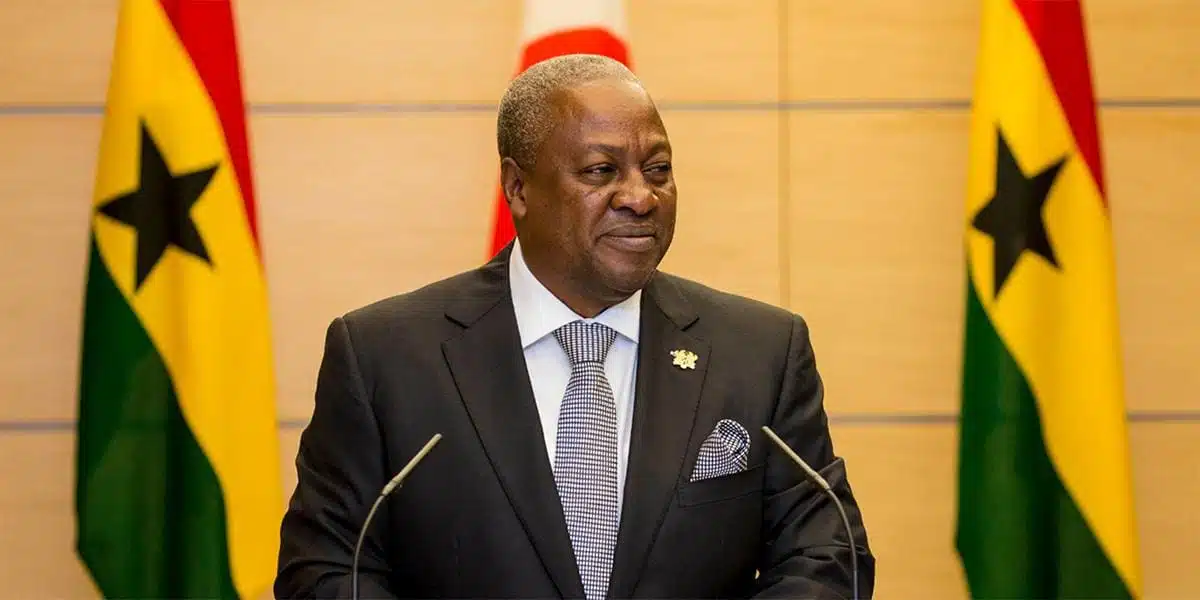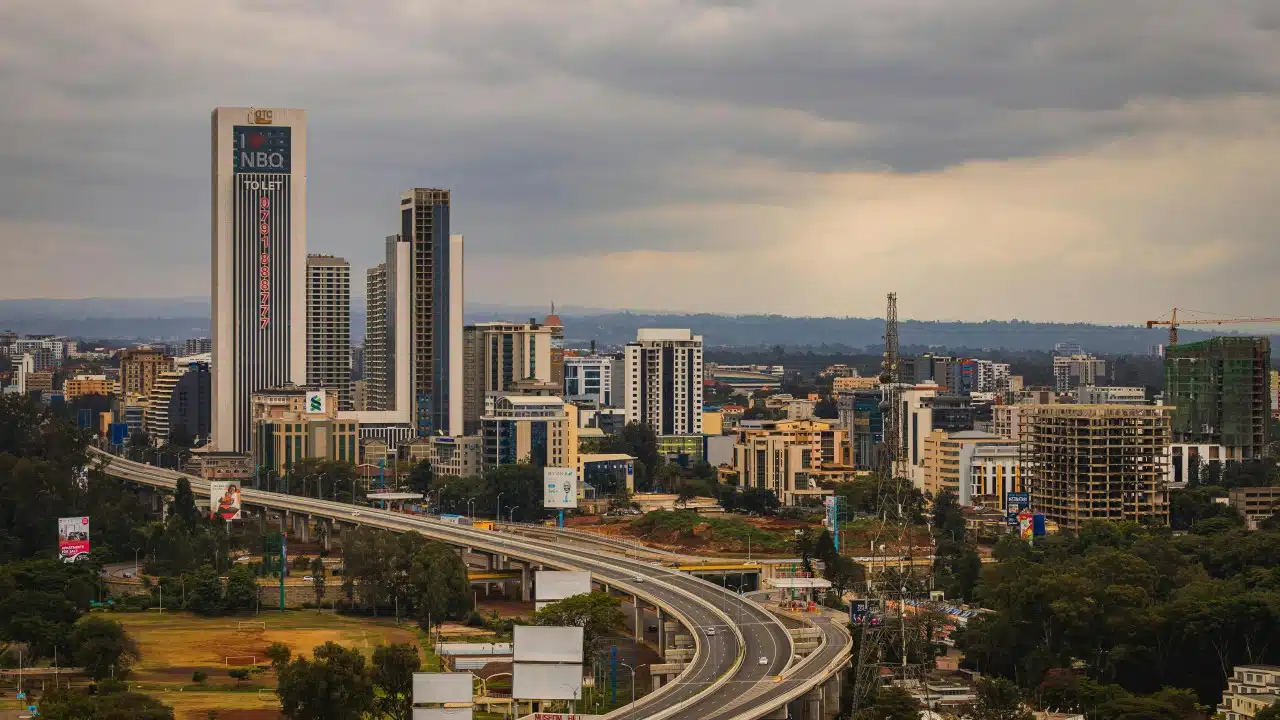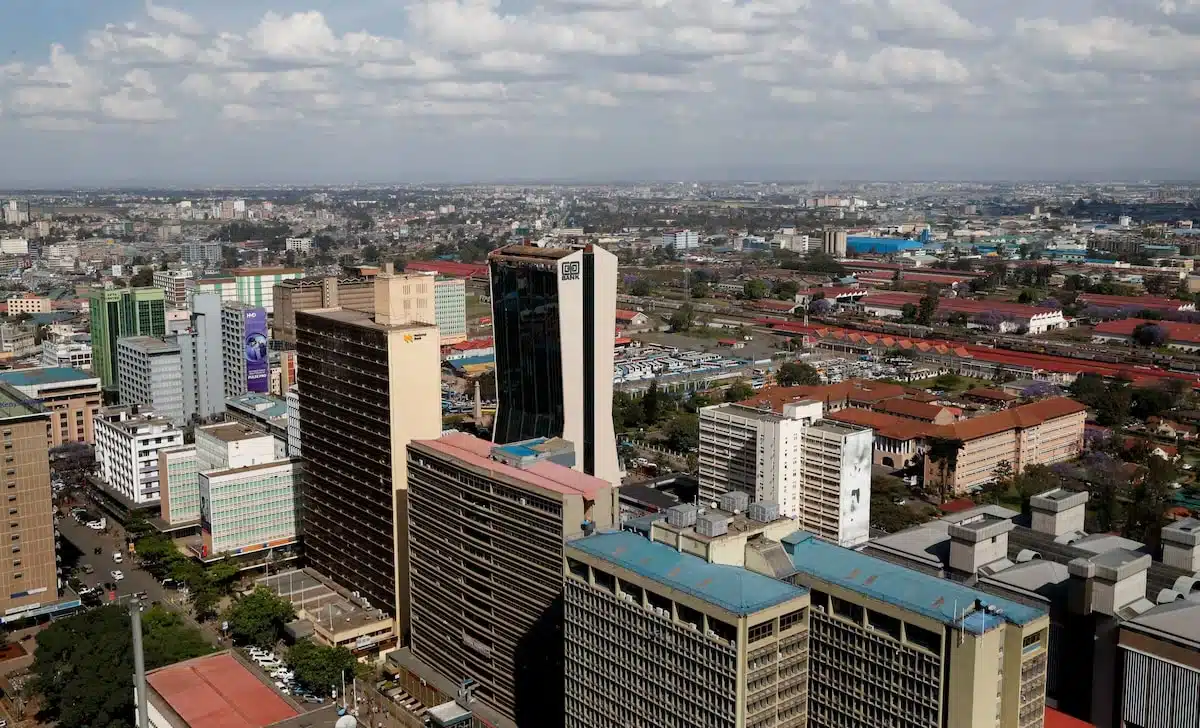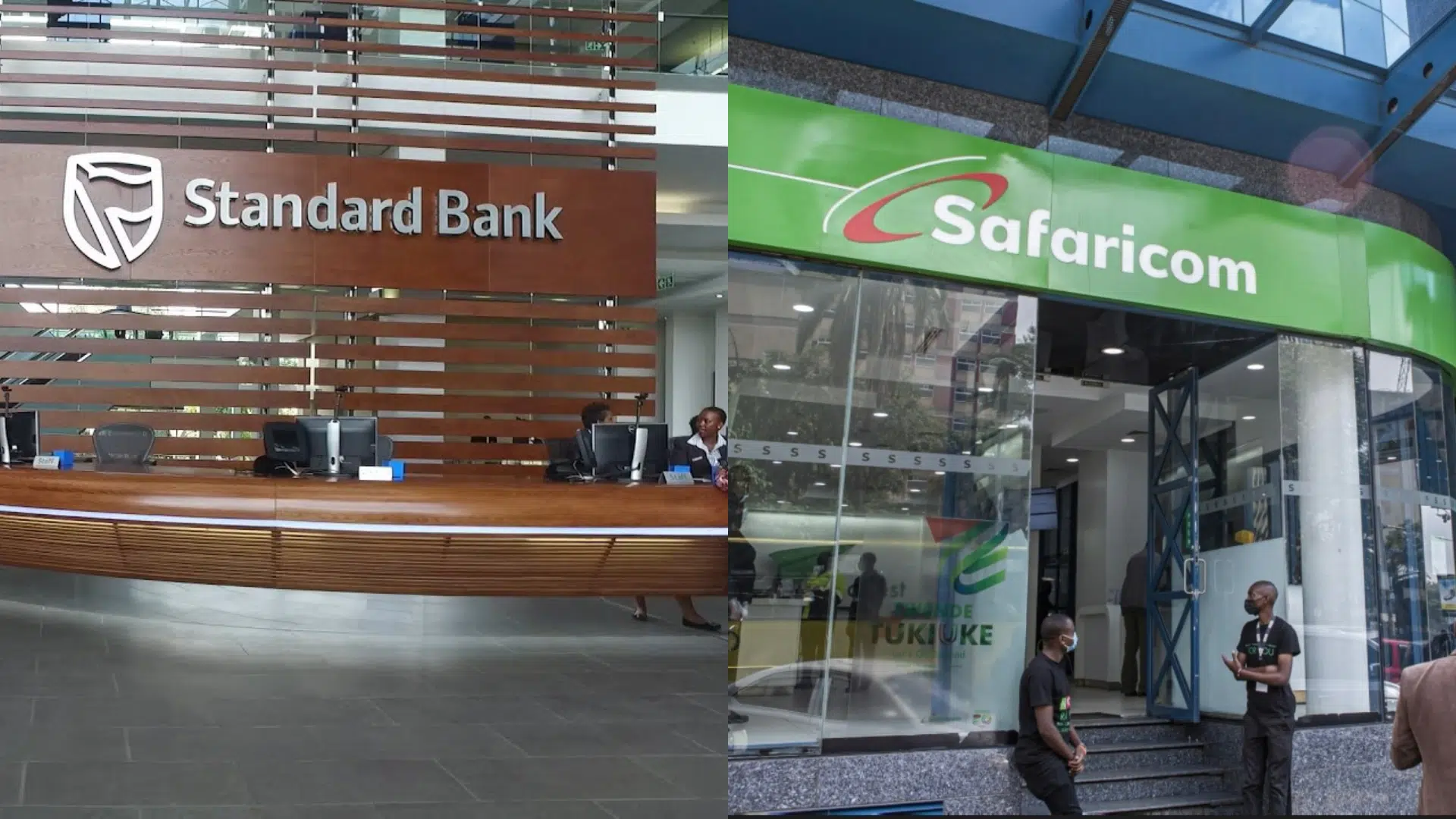Like a house built for protection that gradually turned into a cage, Ghana’s investment framework has, over time, trapped more opportunities than it has welcomed. On August 26, 2013, the government enacted the Ghana Investment Promotion Centre (GIPC) Act 865 to attract, promote, and regulate foreign investment.
The law was meant to safeguard local businesses through capital thresholds, sectoral restrictions, and penalties to control foreign participation.
But more than a decade later, those guardrails have tilted too far against investors, curbing inflows and limiting competition at a time when Ghana is seeking to reposition itself as one of Africa’s most attractive destinations for global capital.
Data from the United Nations Conference on Trade and Development (UNCTAD) shows how stark the decline has been: Foreign Direct Investment (FDI) into Ghana fell to $1.66 billion in 2024, down from $3.23 billion in 2013, the year the Act was introduced.
A signal of change
Last month, President John Mahama announced at the Presidential Investment Forum in Japan that his government plans to overhaul the GIPC Act, beginning with abolishing the minimum capital requirement for foreign investors.
“This will enable any investor, however little money you have, to be able to come in and set up a business in Ghana,” Mahama said.
Under the existing framework, foreign partners in joint ventures must commit at least $200,000 alongside a Ghanaian partner; wholly foreign-owned firms are required to invest $500,000; and foreign trading companies face a minimum capital requirement of $1 million. While intended to shield local players, these thresholds have become barriers to entry, especially for small- and medium-scale investors.
Before the president’s announcement, Ghana’s Parliament had already been considering major amendments through the GIPC Amendment Bill, 2023, which became a focal point of debate in 2023 and 2024.
A report by African law firm TEMPLARS noted that the proposed changes were designed to align Ghana with regional peers that do not impose blanket capital requirements, thereby improving its attractiveness to foreign investors.
“The most significant changes under the Bill will include the elimination of minimum capital requirements and restrictions on engaging in certain business activities,” the firm wrote.
Analysts argue that lifting these rules could reshape Ghana’s investment climate. “Removing these barriers would lower entry costs, catalyse entrepreneurial activity, expand job creation, and improve Ghana’s competitiveness against regional peers,” SBM Intelligence noted in a recent report.
Mahama underscored the reform push by pointing to the cedi’s resilience. The currency has been Africa’s best performer in 2025, while inflation has slowed from nearly 23% in 2024 to 11.5% as of August, with expectations of single digits by year-end.
When investors looked elsewhere
FDI is more than a flow of capital; it is a vote of confidence in a country’s long-term prospects. But as Ghana tightened its investment rules, global investors directed attention elsewhere.
Globally, FDI has more than tripled over the past two decades, rising from about $21 trillion in 2006 to $67 trillion in 2023. Yet in 2024, flows fell 11%, marking a second year of decline amid global economic turbulence, according to UNCTAD.
Africa, however, stood out as an exception. The continent posted the strongest growth globally in 2024, with inflows surging 75%. But Ghana was largely left behind.
Egypt accounted for more than half of the continent’s increase through megaprojects, while Angola attracted a record $7.7 billion in greenfield investments — up more than 1,000% from the previous year.
Closed doors in key sectors
The GIPC Act not only raised the cost of entry but also restricted foreign participation in critical sectors such as services, mining, and agriculture. The intent was to protect local enterprises, but the outcome has been to starve industries of the foreign capital and expertise needed for growth.
Foreign investors are barred from operating in activities such as petty trading, taxi services, beauty salons, and even the printing of recharge scratch cards. While these sectors are dominated by small local operators, they also represent entry points for smaller-scale foreign entrepreneurs who often drive innovation.
In natural resources, the contrast between potential and actual inflows is stark. Ghana remains Africa’s largest gold producer and holds significant agricultural capacity, yet both sectors attract far less investment than their peers.
Between February and May 2025, Ghana’s small-scale gold miners generated over $4 billion in foreign exchange — an indicator of how much more the sector could yield with stronger capital backing.
Why Ghana needs a reset
The debate around Ghana’s investment laws reflects a broader global challenge. Rebecca Grynspan, Secretary-General of UNCTAD, recently warned that “too many economies are being left behind not for lack of potential, but because capital still flows where it’s easiest, not where it’s needed.”
For Ghana, rigid capital thresholds and sectoral restrictions have made it harder to compete with peers, even as macroeconomic indicators show signs of stability. Inflation has eased from more than 54% in December 2022 to 18.4% by May 2025, while the cedi’s relative strength signals renewed policy credibility.
But these improvements have not been enough to reverse investor hesitancy.
Reforming the GIPC Act could therefore mark a turning point. Lowering entry barriers, easing exit restrictions, and opening underfunded sectors to capital would give Ghana a stronger chance of reclaiming its position as one of Africa’s prime investment hubs.
What to expect
For investors, the removal of capital requirements could make Ghana significantly more attractive relative to peers. For policymakers, the challenge will be balancing openness with adequate protections for domestic enterprises. And for the economy, the potential prize is considerable: more jobs, deeper capital markets, and stronger growth.
As Mahama told investors in Japan, the government’s goal is to restore “macro stability and the growth momentum of the economy.” The coming reforms will test whether Ghana can strike that balance — moving from a framework that has guarded too tightly to one that welcomes more freely, while still protecting the interests of its people.
If successful, Ghana could set an example for other African economies grappling with the same tension: how to protect local businesses without shutting the door on the very capital that could help them grow.










